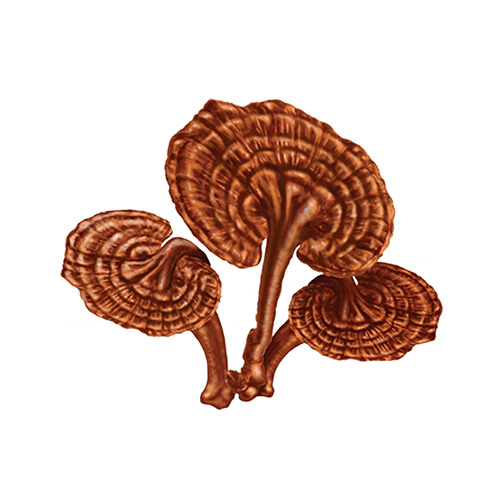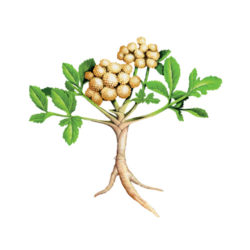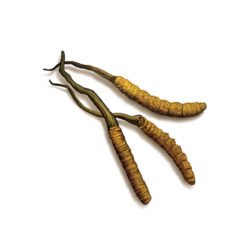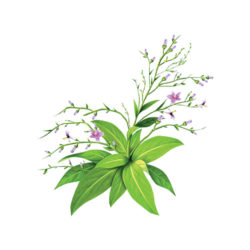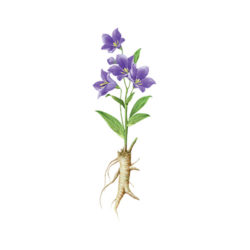Ganoderma lucidum
Lingzhi first appeared in Shui Wen and the Divine Husbandman's Classic of the Materia Medica, classified as upper class. Lingzhi has been prized in Asian medicine for around 4,000 years. It grows around the bases and stumps of deciduous trees, mostly in virgin forests high in the mountains. Its rarity and the inaccesibility of its habitat mean that most Lingzhi products on the market today are made from artificially cultivated specimens. However, Chinese doctors have long stressed the importance of harvesting the fungus in their natural habitat, so Vita Green Lingzhi is made from natural and wild mushrooms to harness the full healing effects of this powerful herb.
*The Content is not intended to be a substitute for professional medical advice, diagnosis, or treatment. Please always seek the advice of your physician or other qualified health provider with any questions you may have regarding a medical condition.
